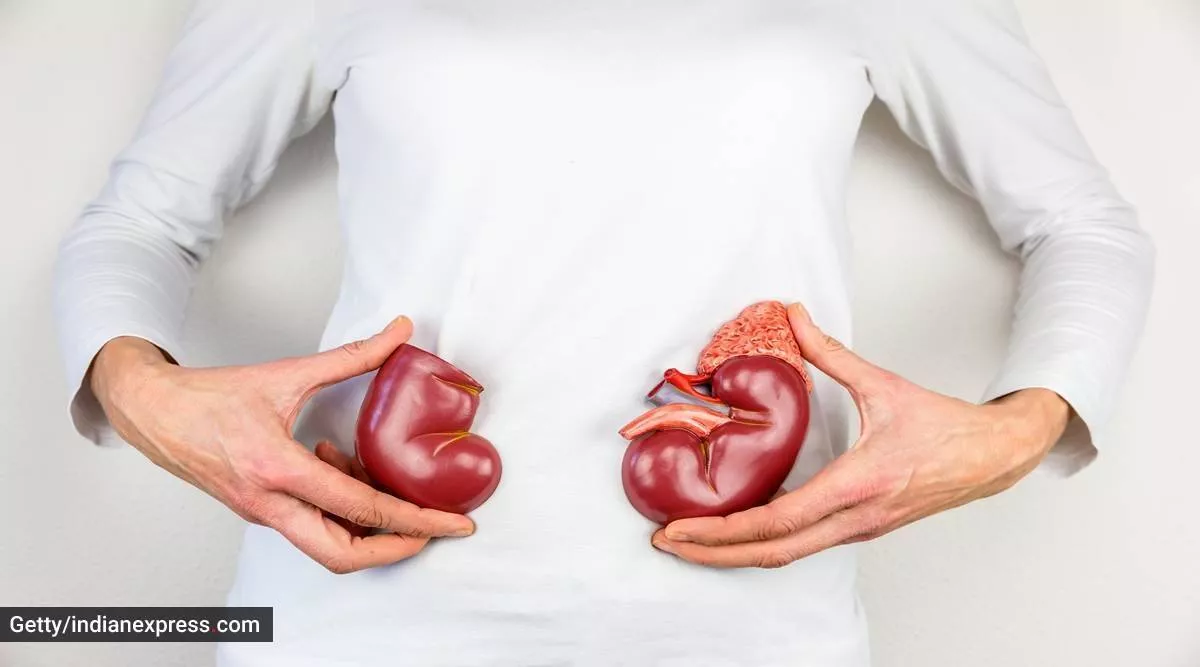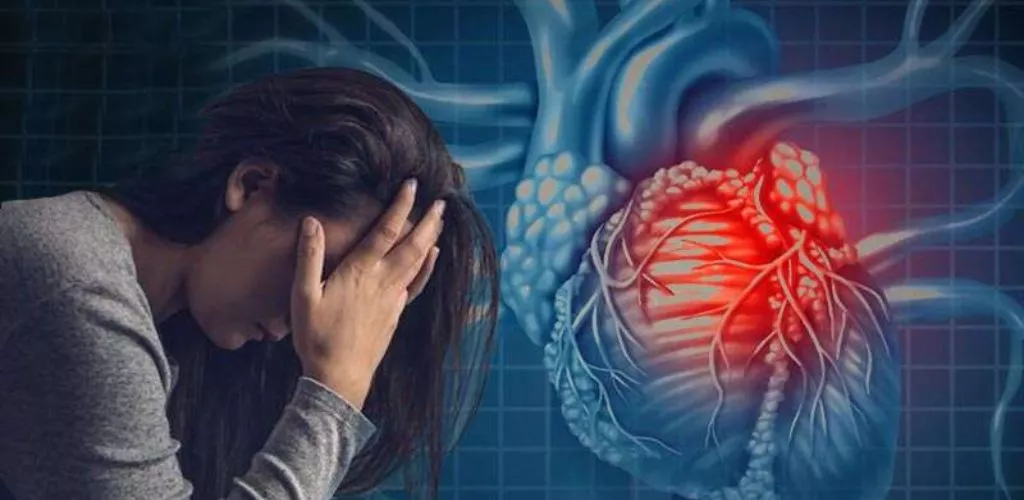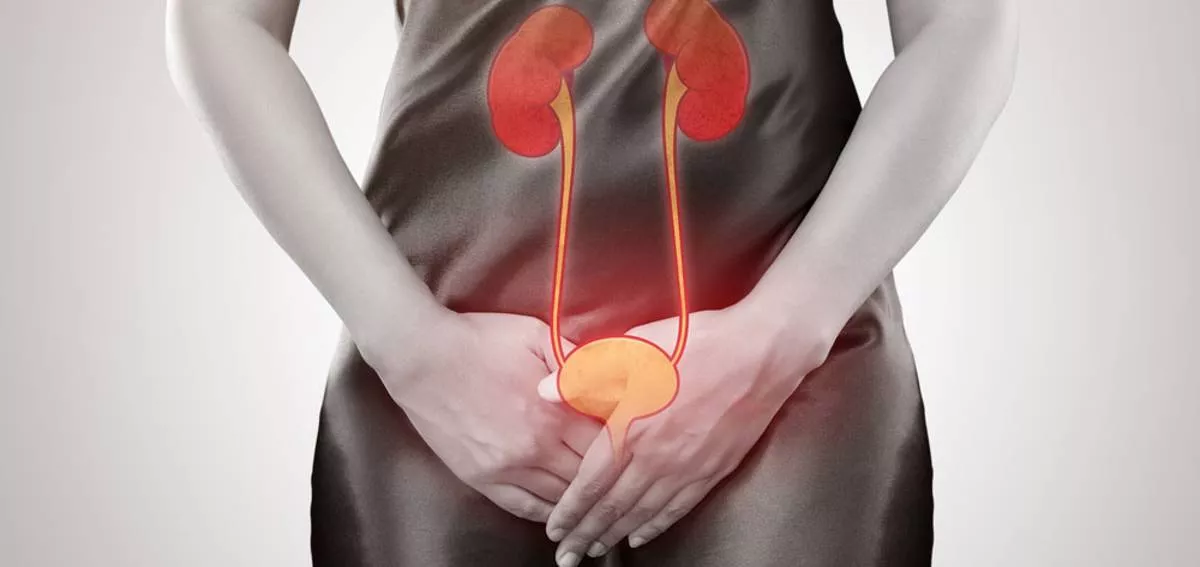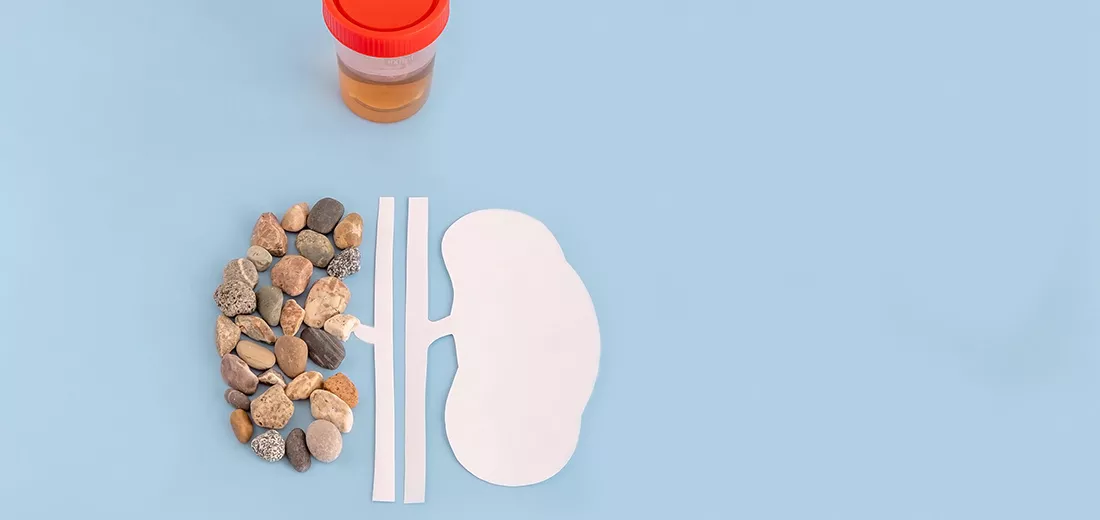Calcium is an important mineral when it comes to bone health. While several calcium-rich foods offer this mineral, a lot of people tend to self-medicate on supplements which can be a concern. Like the adage, too much of anything can be a problem.
One of the most common symptoms of excess calcium in the body is the formation of kidney stones-a condition accompanied by shooting pains in the abdomen and even difficulty in passing urine. If you notice any such changes in your body, be sure to schedule a consultation with a trusted urologist in Hyderabad at the earliest.
About Kidney Stones
The kidneys are responsible for flushing out the body’s waste through urine. Typically, urine consists of a mix of minerals and salts. When these minerals become excessive, they start to form stones. A stone may start small and not create any problems. However, some may grow in size causing various symptoms or even travel down to the ureter where it can affect one’s ability to pass urine.
Kidney stones are of different types and sizes. These include:
Calcium Stones
80-90% of kidney stones are composed of calcium in the form of either calcium oxalate or calcium phosphate.1 Of these, calcium oxalate is the most common type of calcium stone and is primarily caused due to excess calcium in the urine while other reasons may also be a factor. This is why it is important to only consume calcium tablets or supplements under the guidance of a medical professional.
Uric Acid Stones
High levels of uric acid in the body as well as factors such as obesity and diabetes can also cause chemical changes leading to uric acid kidney stones.
Struvite Stones
These stones may occur in people with chronic urinary tract infections (UTIs) as the bacteria reduces acid levels in the urine which break down the minerals. Timely treatment is important as they can grow fast in size.
Cystine Stones
These are the rarest form of kidney stones and are an inherited metabolic disorder wherein the stones often form in childhood.
Kidney Stones Symptoms
Calcium kidney stone symptoms may start mild or appear with sudden intensity. Some of the common symptoms include:
- Severe pain in the side and back
- Pain while urinating
- Blood in the urine
- Cloudy or foul-smelling urine
- Constant feeling of needing to urinate
- Nausea and vomiting
- Feeling of intense need to urinate
If you notice any of these symptoms, do not ignore them. Instead, schedule a consultation with the top urologist in Hyderabad for a check-up.
Care Factors to Prevent Calcium Oxalate Kidney Stones
While a healthy diet and lifestyle should reduce your risk of kidney stones, here are some things to keep in mind if you have a family history or other underlying conditions.
1. Get your calcium from food
The best way to consume calcium is through food. Dairy is the best calcium-rich food as it does not have oxalate, unlike other food sources. An intake of 1,200 milligrams a day is sufficient for your body and can easily be accomplished through regular consumption of yogurt, milk, and other dairy products. In case you are lactose intolerant or vegan, consult your doctor for suitable dietary changes. Also, never consume calcium tablets without first checking with a medical professional as they can lead to excess calcium deposits in the body.
2. Moderate consumption of oxalate-rich foods.
Oxalate is found in many dietary sources such as spinach, almonds, beets, wheat bran, soy products, nuts, and more. Consuming an excess of oxalate foods may lead to elevated levels increasing your risk of calcium kidney stones.
3. Stay hydrated
Be sure to drink at least 2 litres of water daily to flush out all toxins and deposits from your kidneys. Avoid drinking much of sugary drinks or caffeine and instead, stick to clear water. The easiest way to know if you are consuming adequate water is to check your urine-it should be clear and not yellow, cloudy, or foul-smelling.
4. Reduce sodium intake
Excess dietary sodium can elevate calcium levels in the urine and increase your risk of kidney stones. Avoid eating high amounts of packaged and processed foods that are sodium heavy.
Conclusion
Kidney stones can be extremely painful and are mostly caused due to excess calcium levels in the urine. Be sure to consume a healthy diet and adequate water while scheduling regular check-ups with a top urologist in Hyderabad to ensure your kidneys are in the best heal








